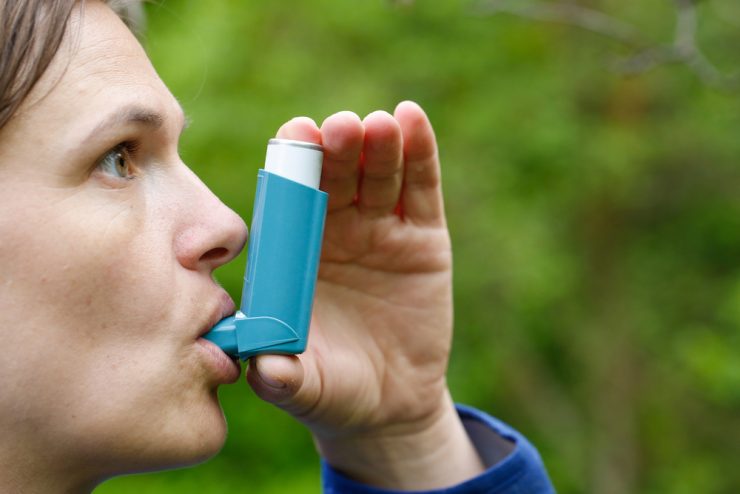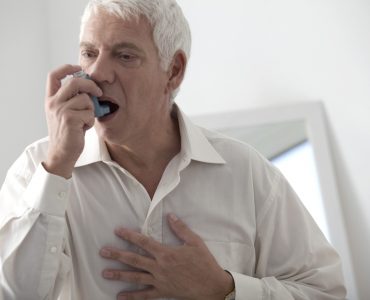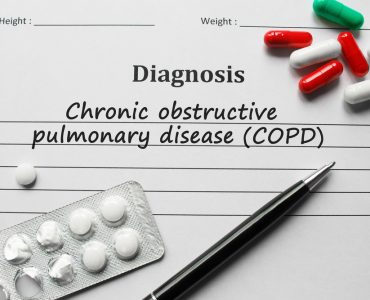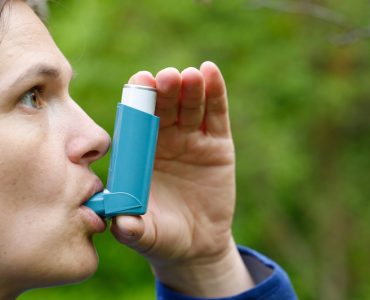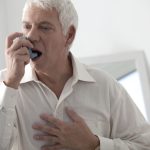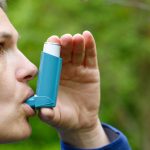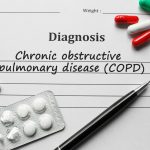COPD stands for Chronic Obstructive Pulmonary Disease. It is a chronic inflammatory disease that hinders airflow to the lungs. It usually gets worse over the years. Its symptoms include difficulty in breathing, cough, mucus production and wheezing. COPD develops due to long-term exposure to harmful gases, or more commonly, cigarette smoke.
People with COPD are at a higher risk of being affected by heart disease, lung cancer, and other similar conditions. COPD is treatable. With proper health management and good doctors, those who are suffering from it can control the symptoms and have a better quality of life. Doctors will review the signs and symptoms, discuss your medical history and analyze any exposure you have had to lung irritants.
Several new treatments for COPDare now available to treat patients. However, first doctors need to diagnose the condition. Tests include lung function tests to measure the amount of airflow into your lungs, chest X-ray to check for emphysema (a condition in which the alveoli of the lungs get destroyed as a result of exposure to cigarette smoke and other irritating gases and particulate matter), and also to rule out other lung problems and heart failure. Your doctor will also perform CT scans to screen for lung cancer and to determine if you will benefit from surgery. You can expect arterial blood gas analysis that measures how well your lungs are functioning in bringing in oxygen and removing carbon dioxide, and other laboratory tests to determine the probable cause of the symptoms and to rule out any other conditions.
The doctor decides which medications to use depending on the severity of the condition. For mild forms of the disease, little therapy is needed other than cessation of smoking. Effective therapy is available for the more advanced stages and can control and reduce the risk of further complications and improve the ability to live an active life.
Different medications are used to treat the symptoms of COPD. These medications usually come with an inhaler or bronchodilator. The medications relax the muscles around your airway and relieve coughing and shortness of breath.
The doctor prescribes a short-acting bronchodilator if you only get short of breath while you are active. This effect will last for four to six hours. A long-acting bronchodilator is usually prescribed if you experience breathlessness on a regular basis. It may take longer to have an effect, but it lasts for 12 to 24 hours. If you have regular flare-ups, the doctor may prescribe a steroid inhaler. This will lessen inflammation and swelling in your airways. Steroid inhalers are useful for people whose condition overlap with asthma.
Inhaled medicines can be consumed in different ways. There are different sorts of COPD treatment inhalers. These include dry powder inhalers that you need to suck in as hard as you can, metered dosed inhalers that produce a puff like an aerosol, spacers that attach to some inhalers to breathe in the drug more effectively, and new COPD medicationscalled nebulizers that can turn the drug into a fine mist. They are used in case of an emergency when you need large doses of medicine. If symptoms are a cough with a lot of sputum, a drug called mucolytic maybe prescribed. This medication can be a tablet or syrup, and it helps to make the sputum thinner so that you can cough it up more easily.
If you suffer from COPD, schedule regular dental appointments. COPD leads to dry mouth and increases your chances of tooth decay and gingivitis. You may require dental implants. Speak to your dentist about affordable dental implants. If local dental implantsare unavailable, go in for imported implants. But, maintaining oral health is necessary when you have COPD.
It is not common to get side effects from inhaled drugs. However, steroids will sometimes make your voice hoarse or give you a fungal infection in your mouth, if not used properly. This is easy to treat but can be avoided by using the inhaler correctly and rinsing your mouth after every use.


